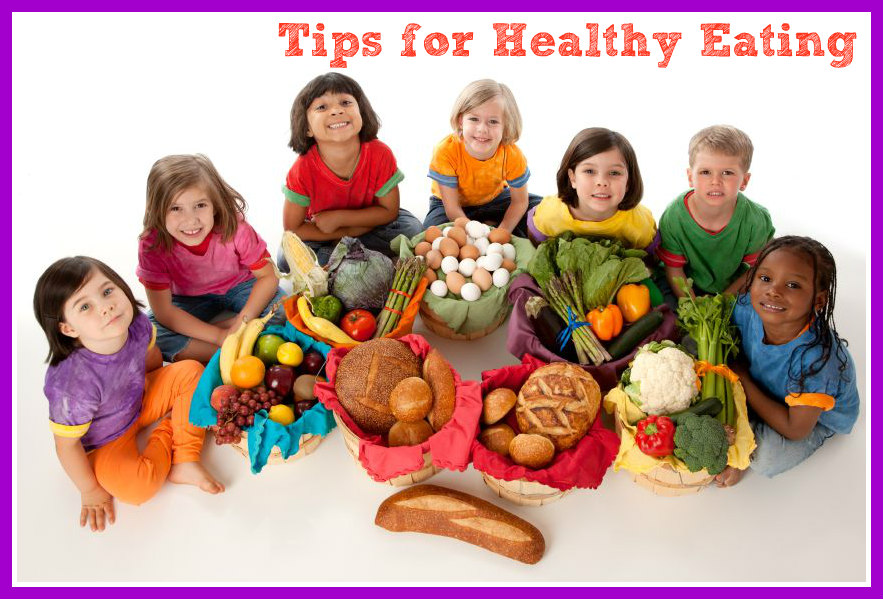
We often hear the phrase "healthy lifestyle," but what exactly does it mean? Although healthy lifestyles involve exercise and diet, it also means taking care to one's mental health and emotional well being. According to World Health Organization, health can be defined as total physical, mental, or social well-being. However, living a healthy lifestyle may not be as simple as it sounds. Here are some ways to live a healthy life.
Maintain a healthy lifestyle by consuming plenty of fruits, vegetables, and lean protein. These foods not only are good for your health but can also help you feel happy. Stress is a common reason why people don't achieve the ideal weight or shape. This can be very stressful. However, there are ways to reduce stress and keep your body in good health. Balanced eating means eating lots of fruit, nuts, whole grains, and other whole foods. But balance doesn't have to mean cutting out any food groups. A balanced diet should contain all the food groups in every meal.

Reduce your intake of fast foods is another way to maintain a healthy lifestyle. These foods are high in fat and deep fried. A healthy lifestyle starts with a simple diet and avoiding fast food. You can even find a gym nearby your home or at a gym. The best way to keep a healthy lifestyle is by making small, conscious changes that will help your mind and body.
For many, it can be hard to build a healthy lifestyle. Although it is difficult to change habits, a solid plan and the willingness to take action can help you create a healthier lifestyle. It is better to start small, and then make gradual changes. You'll hopefully have developed healthy habits by the end. This will make you healthier over a longer time.
Having a healthy lifestyle doesn't just mean eating more nutritious foods. This includes getting enough exercise. An increase in physical activity and daily activities will make a big difference in your mood and overall health. A healthy lifestyle includes getting enough sleep every night. Similarly, eating more fruit and vegetables will improve your digestion, help you sleep better, and improve your sleep. A healthy diet includes lots of water. Drinking more water will improve your immune system's ability to function well.

A healthy lifestyle means taking care of yourself. It is important to eat healthy foods, exercise every day, and get enough rest every night. Get enough sleep and avoid drinking alcohol. Regular exercise is a must in addition to eating a balanced diet. Every day, aim for at least twenty to 30 minutes of active physical activity. Your health and well-being will be enhanced if you get enough sleep and are active every day.
FAQ
How does an antibiotic work?
Antibiotics are drugs which destroy harmful bacteria. Antibiotics are used for treating bacterial infections. There are many different types of antibiotics. Some can be taken orally, others are injected and some are applied topically.
Antibiotics are often prescribed to people who have been exposed to certain germs. One example is if someone has had chickenpox and wants to prevent shingles. For those with strep-thorphritis, an injection of penicillin could be administered to prevent them from getting pneumonia.
Doctors should prescribe antibiotics to children. Children are more susceptible to side effects from antibiotics than adults.
The most common side effect of antibiotics is diarrhea. Other possible side effects include stomach cramps, nausea, vomiting, allergic reactions, headaches, dizziness, and rashes. These side effects usually disappear once treatment has ended.
What's the best diet?
There are many factors that influence the best diet, including your gender, age, weight, health condition, lifestyle, and personal preferences. Also, consider your energy expenditure, whether you prefer low-calorie food, and whether you enjoy eating fruits or vegetables.
If you are trying to lose weight, then you may want to try intermittent fasting. Intermittent Fasting means that you eat only specific meals throughout your day and not three large meals. You may find that this method works better for you than traditional diets that include daily calorie counts.
Studies have shown that intermittent fasting can improve insulin sensitivity and decrease inflammation. This could lead to improved blood sugar levels, and a lower risk of developing diabetes. Other research suggests that intermittent fasting may promote fat loss and improve overall body composition.
How do I get enough vitamins for my body?
Most of your daily vitamin requirements can be met by diet alone. Supplements may be necessary if you are not getting enough of a particular vitamin. Multivitamin supplements can be taken that contain all the vitamins you need. You can also buy individual vitamins at your local pharmacy.
Talk to your doctor if there are any concerns about getting enough nutrients. For example, dark green leafy vegetables such as spinach, broccoli, kale, collard greens, turnip greens, mustard greens, bok choy, romaine lettuce, arugula, and Swiss chard are rich in vitamins K and E. Other good sources include oranges, tomatoes, strawberries, cantaloupe, carrots, sweet potatoes, pumpkin, and squash.
Ask your doctor if there is any doubt about how much vitamin you should be taking. Your medical history and current health will help you determine the best dosage.
Statistics
- WHO recommends consuming less than 5% of total energy intake for additional health benefits. (who.int)
- nutrients.[17]X Research sourceWhole grains to try include: 100% whole wheat pasta and bread, brown rice, whole grain oats, farro, millet, quinoa, and barley. (wikihow.com)
- This article received 11 testimonials and 86% of readers who voted found it helpful, earning it our reader-approved status. (wikihow.com)
- According to the Physical Activity Guidelines for Americans, we should strive for at least 150 minutes of moderate intensity activity each week (54Trusted Source Smoking, harmful use of drugs, and alcohol abuse can all seriously negatively affect your health. (healthline.com)
External Links
How To
What does the word "vitamin" mean?
Vitamins are organic compounds that can be found in foods. Vitamins are necessary for us to absorb nutrients in the foods we consume. The body cannot make vitamins; therefore, they must be obtained from food.
Two types of vitamins exist: water-soluble vitamin and fat-soluble vitamin. Water-soluble vitamins dissolve in water easily. You can find vitamin C,B1 or thiamine, B2 or riboflavin and B3 or niacin, B3/niacin, B6/pyridoxine, folic Acid, biotin and pantothenic Acid as examples. Fat-soluble vitamins are stored in the liver, fatty tissue and kidneys. Examples include vitamin D, E, K, A, and beta carotene.
Vitamins can be classified according to biological activity. There are eight major groups of vitamins:
-
A - essential for normal growth and maintenance of health.
-
C - vital for proper nerve function, and energy production.
-
D - Essential for healthy teeth and bones.
-
E - Required for good vision & reproduction
-
K – Required for healthy nerves & muscles.
-
P - Essential for strong bones and teeth.
-
Q - aids digestion and absorption of iron.
-
R – Required for the formation of red blood vessels.
The recommended daily allowance (RDA), for vitamins, varies depending upon age, gender, or physical condition. The U.S. Food and Drug Administration (FDA) sets the RDA values.
For adults 19 years and over, the RDA of vitamin A is 400mg per day. However, pregnant women need 600 micrograms per day because it is important for fetal development. Children ages 1-8 require 900 micrograms per day. Babies under one-year old require 700 mg per day. Between 9 and 12 years of age, however, this drops to 500 mg per day.
Children ages 1-18years who are obese need 800 micrograms per day while those who are overweight need 1000 micrograms per day and children who are underweight need 1200 micrograms per day to meet their nutritional needs.
Children ages 4-8 years who have been diagnosed with anemia need 2200 micrograms per day of vitamin C.
2000 micrograms is the minimum daily intake for adults over 50 years old to maintain good health. Women who are pregnant or breastfeeding need 3000 micrograms per day due to increased nutrient requirements.
Adults over 70 need 1500 micrograms daily, as they lose 10% of their muscle every ten years.
Women who are pregnant and lactating need more nutrients than the RDA. Pregnant women require 4000 micrograms daily during pregnancy, and 2500 micrograms every day after birth. Breastfeeding mothers need 5000 mg per day when breastmilk is being produced.